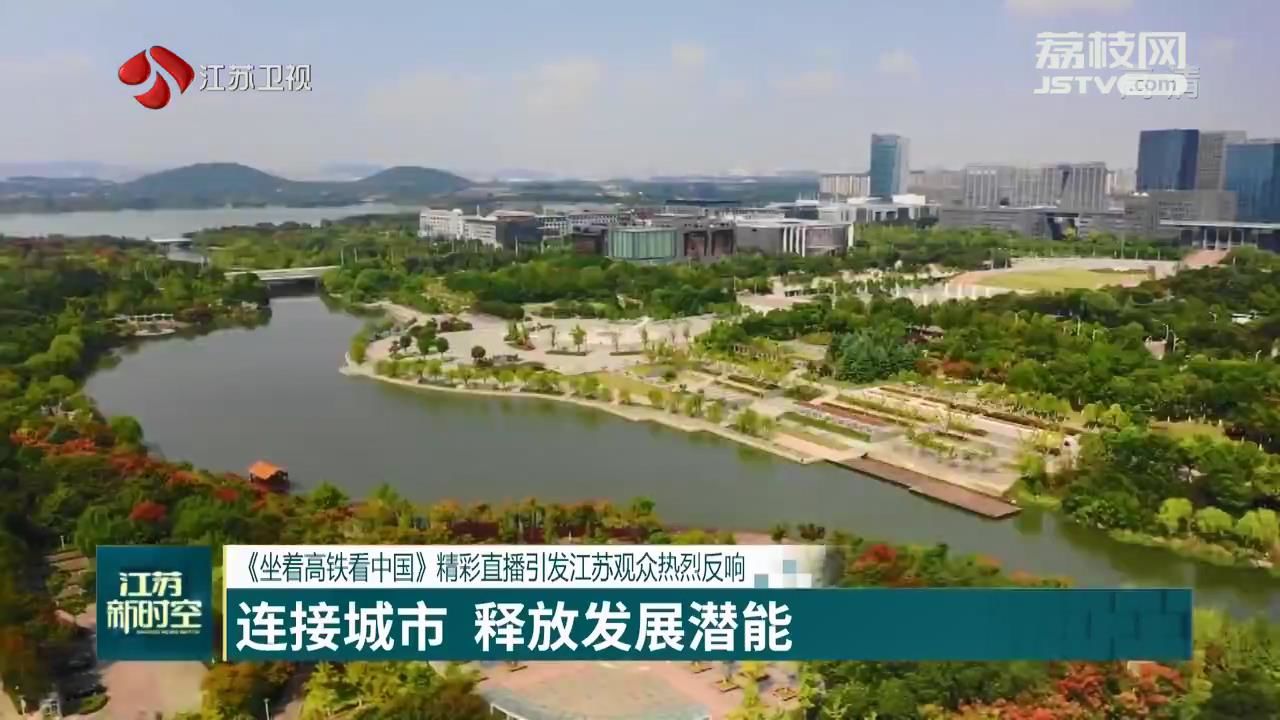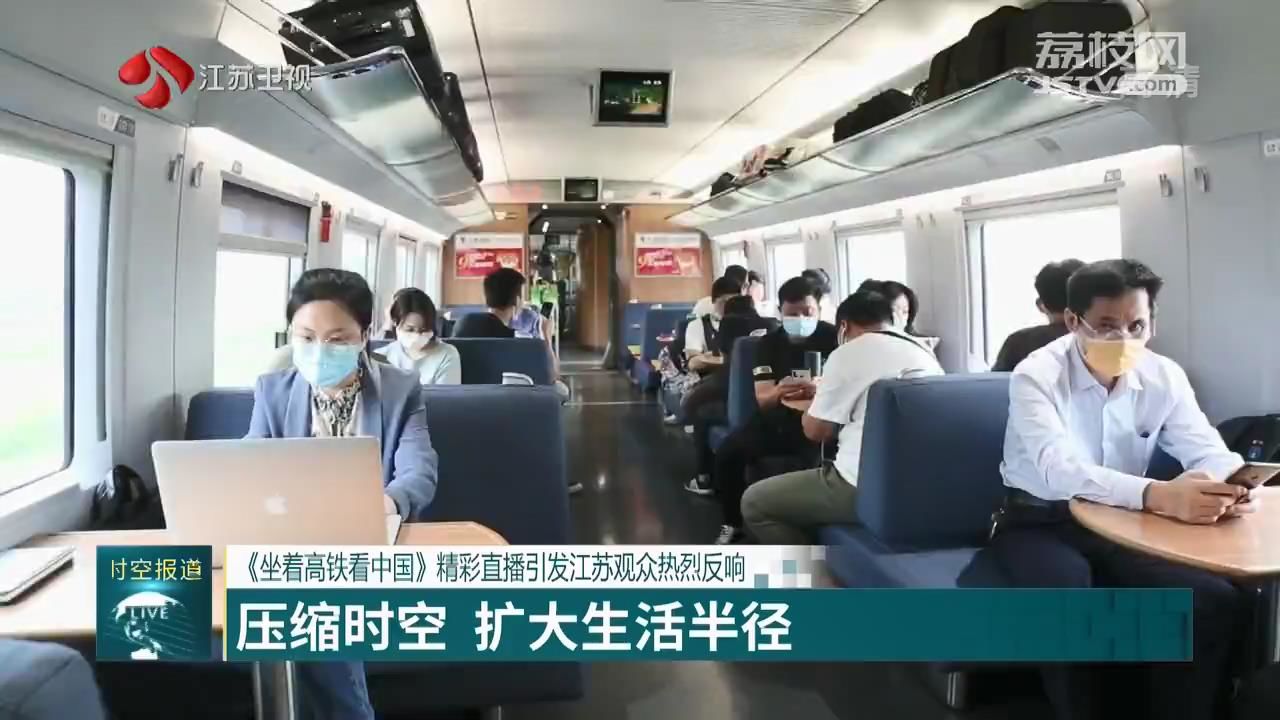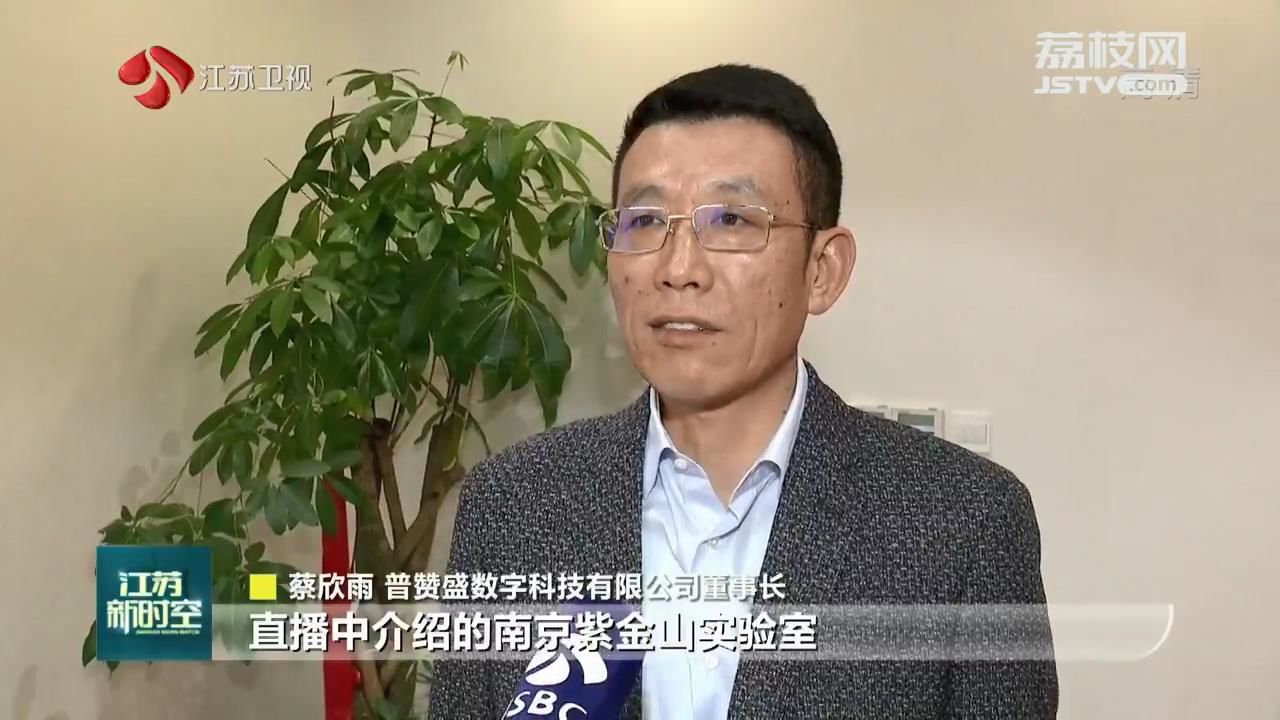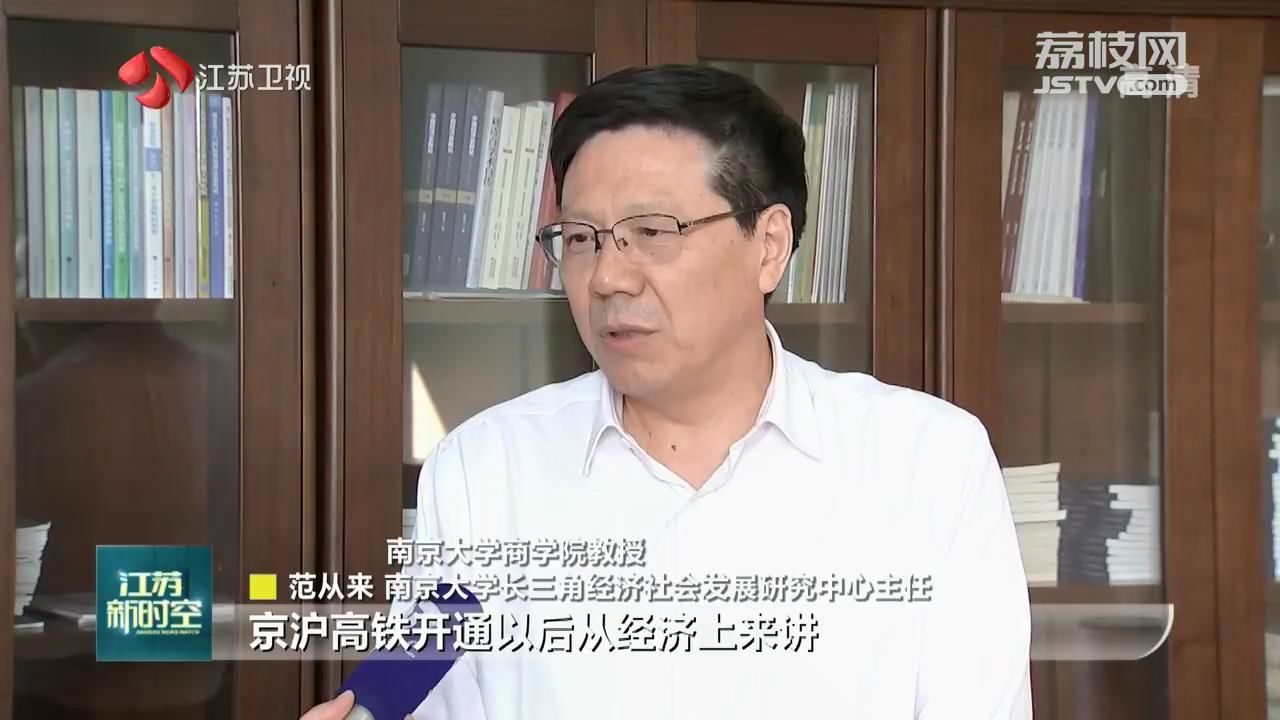Connecting two major economic hubs in China, the Beijing-Shanghai high-speed railway is one of China’s busiest and most important railroad lines. It also carries the fastest train on the planet. China Global TV Network’s two-day live broadcast of a train ride in the Fuxing bullet train on the Beijing-Shanghai high-speed railway has become a buzzword during the eight-day vacation comprising of the mid-autumn festival and the national day holiday.

Xuzhou is the first southward station in Jiangsu on the Beijing-Shanghai high-speed rail. During the National Day holiday, tourists took the high-speed rail to trek into the green mountains of Xuzhou to enjoy the beautiful scenery, feel the charm of red culture, and enjoy the joyous time of the festival.
a tourist from Shandong province
I came from Shandong
In the past when the holiday is nearing its end
people will refrain from going out
Now that the high-speed rail is so convenient
there are different choices
for people to spend one or two days
a resident of Xuzhou
The convenience of Xuzhou as a transportation hub
is now fully evidenced
A high-speed ride is now as easy as a bus ride

High-speed rail drives urban development and changes the lives of people along the route. Nowadays, more and more people rely on high-speed rail to travel between different cities, for their families, for their lives, and for their dreams, building a bond for the integration process of the Yangtze River Delta.

Cai Xinyu, Chairman of Puzansheng Digital Technology Co., Ltd.
The Nanjing Purple Mountain Laboratory
was introduced in the live broadcast
We saw it and have the same feeling
We are also a technology-based company
headquartered in Shanghai
but our R&D is located in the business district
of Nanjing South Railway Station
because of the transportation location
and talent gathering here
We have made rapid progress
in research and development
in the past six months after we settled down
Business income is close to 40 million yuan
The Beijing-Shanghai high-speed rail is like a "golden pole", connecting the two major economic regions of the Beijing-Tianjin-Hebei and Yangtze River Delta, building a high-speed rail economic circle, tourism circle, and living circle, promoting regional coordination and accelerating the integration process.

Fan Conglai, Professor of Business School of Nanjing University
From an economic point of view
the Beijing-Shanghai high-speed railway
connects the Yangtze River Delta
and the Beijing-Tianjin-Hebei economic zones
China’s economy is shifting
from being dominated by administrative regions
to optimizing the allocation of factors
through urban agglomerations
metropolitan areas, people, logistics
information flows, and capital flows
This will play a huge role
in the next high-quality development of China’s economy






